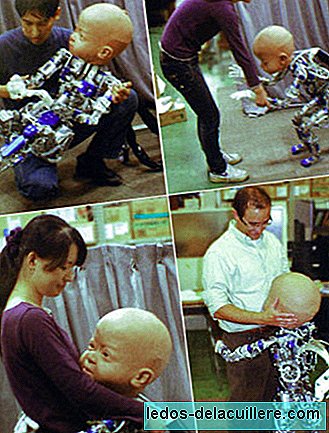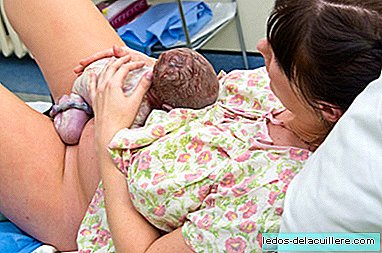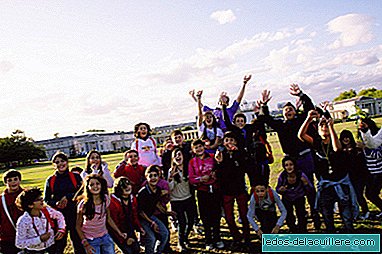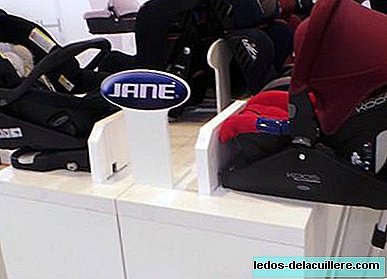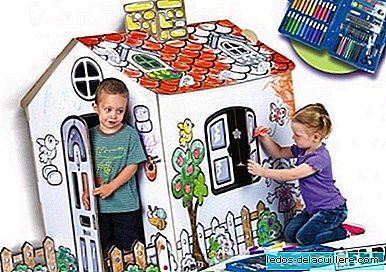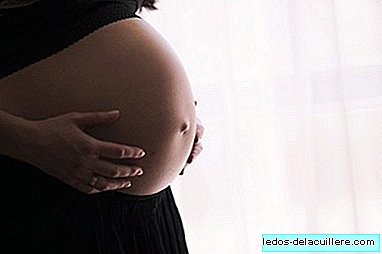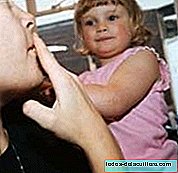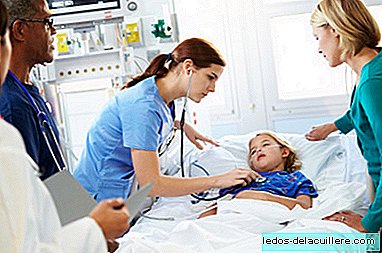
The Spanish Federation of Parents of Children with Cancer has finally achieved that all Pediatric Intensive Care Units (PICU) adopt the 'open doors' modality, after a long struggle that has lasted for years. So Children admitted to Intensive Care may be accompanied by their parents 24 hours a day.
Until now, like the Pediatric Intensive Care Units for adults, they had different visiting hours, which meant that the children were long separated from their families and a added difficulty to conciliation with the rest of the parents' responsibilities, which should be organized for visits. Something that had a negative impact on the mood of the children and their recovery.
It has been a hard work and a constant struggle of these parents, who have finally achieved their goal of being closer to their children for longer. Since March 2012, the Spanish Federation of Parents of Children With Cancer has been struggling to achieve the 'open doors' modality in the 46 PICUs throughout Spain; with the awareness campaign so that all hospitals had a 24-hour open schedule. The goal, now accomplished, was to get parents to visit their children at any time of the day.
Each hospital center had its own rules in this regard and had schedules, "often violating the equity and rights of minors and their families," as explained by the Federation.
This demand of the Federation has very solid foundations, based on the standards and recommendations of the Childhood and Adolescent Cancer Assistance Units of the Ministry of Health, Social Services and Equality, approved by the Interterritorial Council of the National Health System (Cisns) from July 23, 2013.
In addition, we must bear in mind that "in the case of children and adolescents with cancer, the hospitalizations are generally prolonged, and scans and painful treatments, so that the suffering of minors increases when they are separated from their parents, and much more if the income occurs in a PICU, when their health status is very delicate or their life is in serious danger. It is at these times when children need to receive all the affection and care of their parents, "they argued from the organization.
There have been many hospital centers that have modified the PICU schedule, since the campaign began, expanding their visiting hours and allowing a family member to stay with their son or daughter 24 hours a day. Thus, parents can organize themselves better and children have the affection and care of their families longer.
Open doors in the rest of the world
This modality of 'open doors' is "widely accepted" internationally, because it is proven that the flexible visit, in addition to being "beneficial" for the relatives of the critical patient and for the patient, constitutes a necessity, since it influences "very positively "in the recovery of the patient, reduces anxiety and stress improving the satisfaction of family members.
"It is necessary to favor the participation of the family in the care and acquisition of a more notorious role in the context of visit and in their relationship with the patient. Currently, there is sufficient evidence that the restriction of visits can be detrimental to both minor as for his family, "the members of the Federation ended up explaining.
Childhood cancer in Spain
Unfortunately, childhood cancer is the first cause of death due to illness until age 14. The most common type of malignant tumor in this age range is leukemia (25%), followed by tumors of the Central Nervous System (19.6%) and lymphomas (13.6%), according to the National Tumor Registry Children, and the latest report of the Spanish Society of Medical Oncology (SEOM).
The figures put the creeps, every year they are diagnosed near 1,400 new cases of children with cancer in Spain from 0 to 18 years old. However, the 5-year survival rate from 0 to 14 years reaches almost 80%, according to the Spanish Society of Pediatric Hemato-Oncology. A hopeful fact that aspires to be 100%.
As for the data on adolescents, they are not duly registered in the Registry of Childhood Tumors, since in most cases they are treated in Adult Units. The Spanish Federation of Parents of Children with Cancer aims to ensure that adolescents are treated in Pediatric Oncology Units because at the age of 14 they are not prepared to face the disease among adults. Hopefully soon there will be no more cases of childhood cancer.


